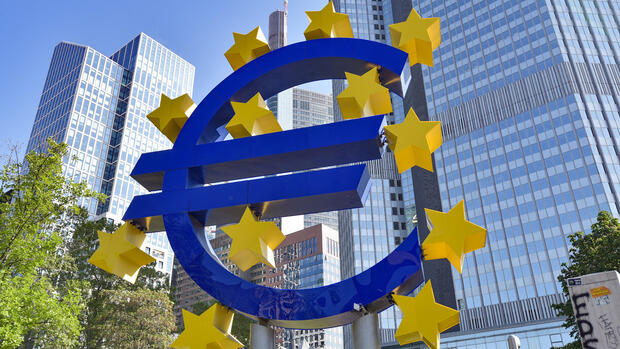The euro may also be available as a digital currency in the future. Many details in the considerations are still open.
(Photo: Blatterspiel/Jan Huebner)
The European Central Bank (ECB) and the EU Commission are vigorously promoting the development of a digital euro. It is not intended to replace cash, but to complement it. Because the trend towards card and smartphone payments throughout Europe is clear. A kind of digital cash variant, equipped with a high level of data protection, therefore seems to be a logical further development. In fact, however, it remains unclear which problems the digital euro is actually intended to solve.
You can already pay digitally today. Easily by debit and credit card. When shopping online, there are a number of payment options – direct debit, cards, Klarna, Paypal, Giropay and bank transfer when purchasing on account. Consumers would not benefit from a digital euro here.
The digital euro is also unlikely to make European banks less dependent on US corporations for cross-border payments. Many financial institutions in Europe rely entirely on Mastercard and Visa for the payment systems for their bank cards, and payments at checkouts in other European countries only work with their help.
In order to replace Mastercard and Visa, the digital euro itself would have to become the payment system and the standard for national card payments in many countries. However, it would be completely unclear who operates this system and whether it is advantageous for citizens and companies.
The argument that the digital euro will improve financial inclusion is also unconvincing. There have long been requirements in the EU that should guarantee one account for everyone. If this is not implemented correctly in the EU member states or if individual commercial banks resist, this is where action should be taken – if necessary with pressure and fines. Especially since the digital euro account is ultimately managed by commercial banks and not directly by the ECB. That means: The introduction of the digital euro is a huge effort, but the benefit is limited.
More: That’s what Deutsche Bank and others are planning for the Maestro function.
